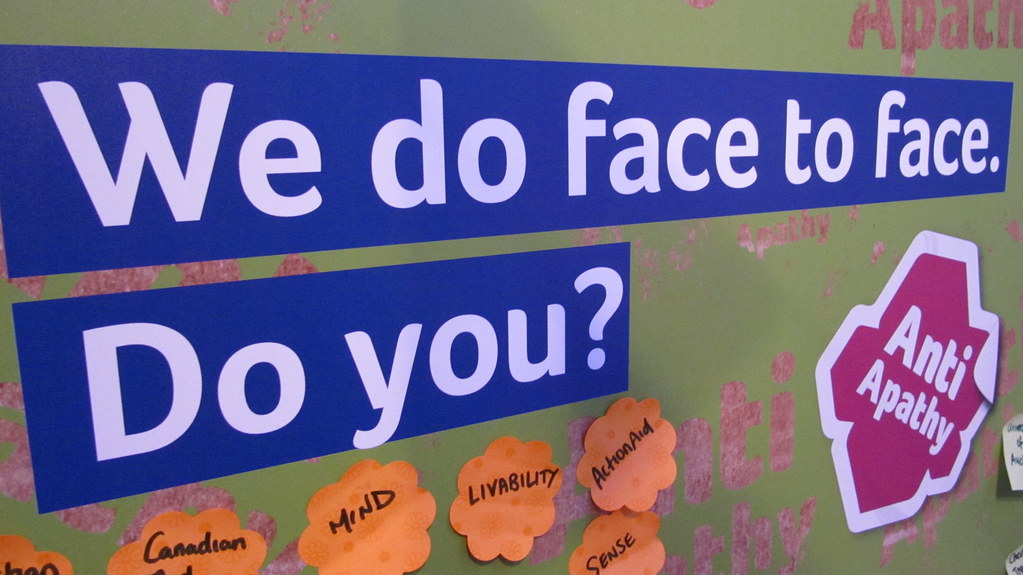Women still favour animal welfare and religious causes investment over women's social justice issues
At the Female Futures of Philanthropy event at CASS Business School in London last Monday, a panel of philanthropy specialists, academics and heads of charities from Canada, Australia & the UK told a full house of (predominately) women fundraisers, academics and funding representatives that there is a reluctance by the media and women to support women’ s issues, still favouring animal welfare and religious causes for their philanthropic investments.
Hilary Pearson, President of Philanthropic Foundations Canada, told the delegates that in spite of this continuing giving trend in Canada, there is some excellent practice of ‘Women giving to Women’ through philanthropic networks, like the Canadian Women’s Foundation which has invested over £25m
over 20 years to the tougher social justice issues and growing stronger women. Furthermore, there are 10 Canadian Women who have joined the global philanthropic campaign ‘Women moving Millions’ which aims to enlist 150 women to give at least a million dollars each in support of women’s funds across the globe. Another notable Canadian philanthropic foundation is the newly established The Belinda Stronach Foundation which supports the G(irls)20 Summit. The Foundation focuses on strategic philanthropy rather than chequebook philanthropy so that programmes are built on partnerships rather than solely on funding.
Reporting from this side of the Atlantic, Gillian Egan, Trustee at Rosa, the UK’s first fund for women and girls, said that as women are increasingly accruing their own, independent wealth they are also increasingly building networks among other similar women, such as in the city, and that charities should be tapping into those networks more that ever with the Women’s National Commission being closed down and public sector budget cuts having a disproportionate impact on women & girls investments.
Rosa was conceived because women’s projects in the UK need greater recognition and financial support. The charity champions the work of women’s projects in the UK, through awarding grants and encouraging other funders to give focusing on social and economic justice and equality for women
and girls in the UK, including socially shocking issues like Female Genital Mutilation (FGM) in partnership with City Parochial Foundation and Esmée Fairbairn Foundation, have collaborated to launch a UK-wide special initiative to fund community-based preventive work to safeguard children
from the practice of (FGM) in the UK. Approximately £1 million has been invested in 15 organisations throughout the UK over a three-year period from January 2010.
Vivienne Hayes, Chief Executive of the Women’ s Resource Centre, commented that, “the future of women in our country is at its most vulnerable for 50 years” . Hayes argued that while the vast majority of funders in Europe express support for the subject of women and girls, very few have specific
programmes that target this group. Hayes said: “It’s puzzling that internationally it is recognised that investing in women is investing in families and communities, but that it’ s not recognised here.”
In response to the research findings, presented by Professor Cathy Pharoah, Co-Director of Centre for Charitable Giving and Philanthropy (CGAP) at CASS Business School, Hayes asked: “Is there something about not wanting to acknowledge pain which means that women give to animals and not women?”
Hayes faults the media for lack of engagement and indifferent reporting with tragic issues affecting women and suggested that it is “almost a waste of time talking to politicians” on the issue of women’s groups and disadvantage, and that the best hope for improving the situation is independent groups.
Hayes advises that philanthropists need to “Be bold, be brave – millions of women need support” .
Visiting Professor Diana Leat, from Queensland University of Technology, said that while many European funds are not intended to fund women and girls, this wasn’t necessarily intentional neglect of funding for issues affecting women and girls. She said foundations are “missing looking at things with a gender lens”, but added that “‘gender’ is not code for ‘female'” . More sophisticated research is needed.
The session ended in a very wide and lively debate (not just about female futures, but questions about gender integration). Perhaps it is time to build on this and recruit male champions to grow female futures to give more generously to women’s challenging issues.
www.cgap.org.uk/news/99/61/Female-Futures-of-Philanthropy.html
Catherine LF Chin is Principal at FundMark Solutions Limited, an Associate at International Fundraising Consultancy, and a Member of Council at Royal Commonwealth Society.
Advertisement




